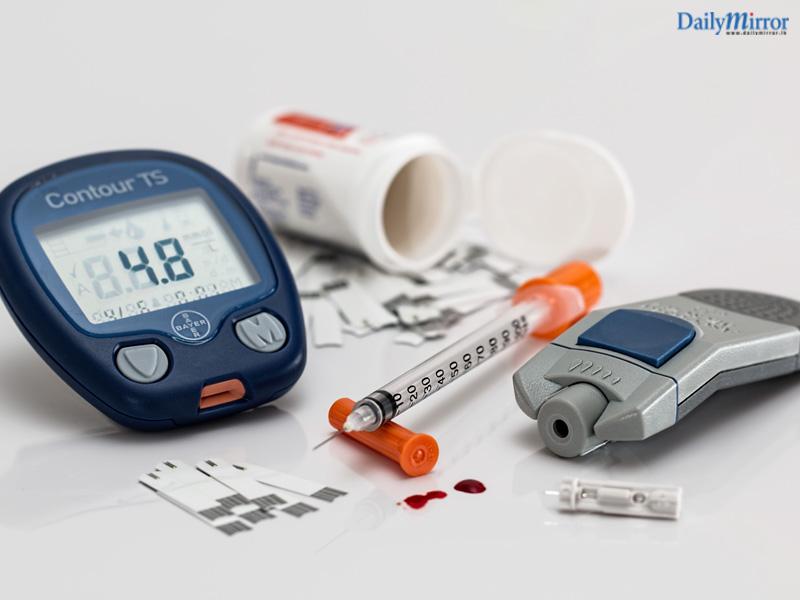Reply To:
Name - Reply Comment

Incurable, Diabetes can only be controlled through changes to lifestyles, monitoring of symptoms, medication, etc. As patients live with the illness for their lifetime, it continues to affect their quality of life in various ways, but now there is hope for change.
Dr Prasad Katulanda, Consultant Endocrinologist of Durdans Hospital says, “Previously when we encountered a diabetes patient we told them to change their diet, exercise, take medication and get their haemoglobin (Hb1Ac) to less than 7. If it is failure, we follow up and retake the test to get them back on track. Maybe change the meds and the cycle continues. If he can’t get it under control it may lead to complications. It is a cycle. But now there is hope of reversing this cycle. This is called remission.”
There are several strategies to be used in reversing diabetes.
Research has revealed that a beta cell transplant (islet cell transplant) is possible for type 1 diabetes which needs insulin from day one as beta cells are destroyed. In this procedure, working islets are injected and get deposited in the liver. For the time being it is available only in western countries.
Some studies, have shown that type 2 diabetes can be reversed if special effort is made especially at the time of first diagnosis (In type 2 diabetes the beta cells will not die but become inactive and can be manipulated to work again). However, this treatment may not be effective for people with long standing diabetes. Young individuals who have been overweight and sedentary can reverse diabetes for about 5-10 years which is highly advantageous.
Insulin can be used to lower the glucose levels so that beta cells can have a rest and start working again. This is called reversal of gluco-toxicity. High sugar is toxic to the pancreas and reversal of gluco-toxicity reverses the dysfunction of the pancreas and it resumes normal insulin production thus normalising the blood glucose levels.
In a research published by the Lancet in Feb 10, 2018 involving 36 participants, 31(86%) participants who lost 15 kg or more had a remission of diabetes. Findings showed that, at 12 months, almost half of participants achieved remission to a non-diabetic state and off anti-diabetic drugs. Therefore, imparting a regimen to reduce weight of about 5-10 kgs can be beneficial.
Increase of sugar in the blood pose danger to diabetes patients. However, a new drug has been introduced that can block the amount of glucose that goes back into the blood from the kidney so that it is eliminated along with urine. The benefits of this new medication are reduction of fatalities, heart failure and protein loss through kidneys, reduced blood pressure and many other benefits.
A qualified pool of specialist consultants, nurses, support staff and an interdisciplinary team at Durdans Hospital support patients in latest diabetes care.
For Diabetes Care at Durdans Hospital call 0777 488 455